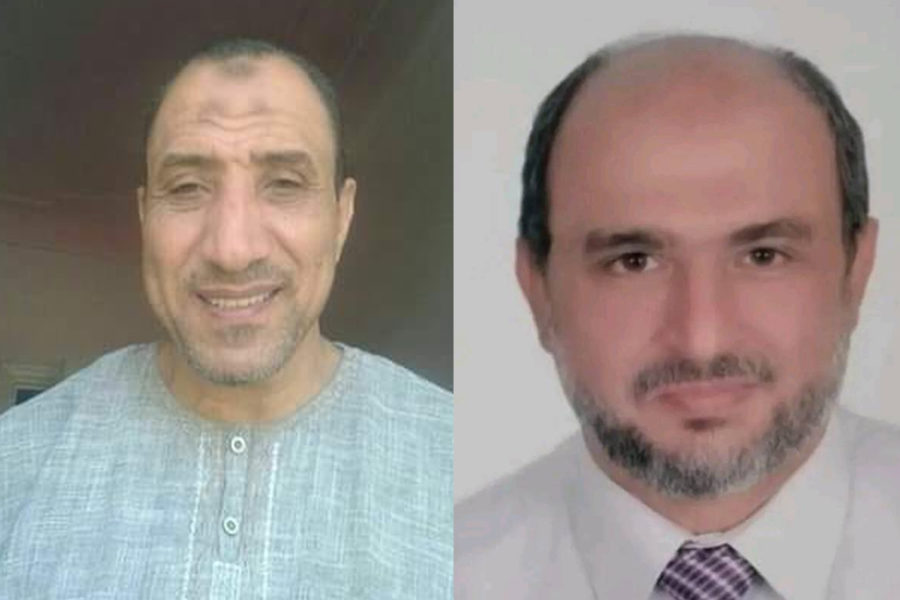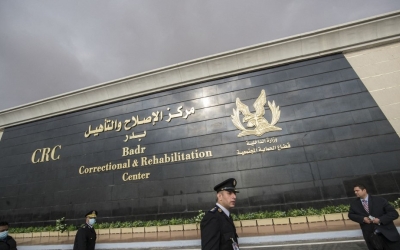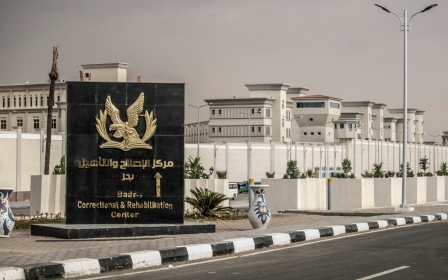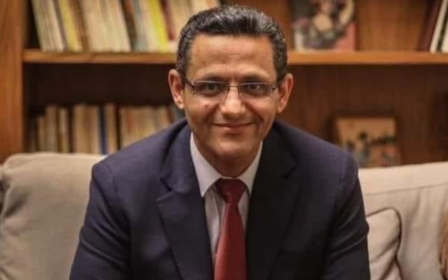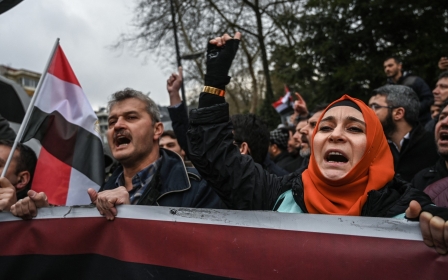Ex-Egyptian MP dies in prison, the eighth political prisoner death in three months
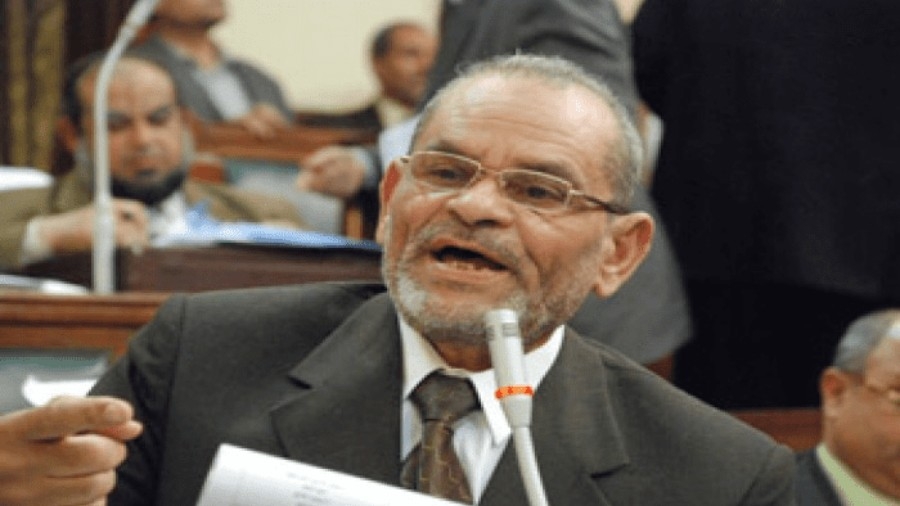
A former member of parliament died in an Egyptian prison on Monday in the third death in less than 48 hours and the eighth this year, a rights group told Middle East Eye.
According to the Committee for Justice (CFJ), the octogenarian detainee and former parliamentarian Ragab Mohamed Abu Zeid Zair died after his health deteriorated in his prison cell.
Zair was elected as a member of the first democratically elected parliament after the 2011 revolution, representing the Shebeen al-Kum constituency in Menofia governorate.
He was among thousands of then-army chief Abdel Fattah el-Sisi's opponents who were detained in 2013 following his coup against Mohamed Morsi, the country's first democratically elected president.
Zair was first detained in December 2013 and held in al-Qanater men's prison, and then again in October 2021, when he was held in Wadi al-Natroun prison complex, where he died.
New MEE newsletter: Jerusalem Dispatch
Sign up to get the latest insights and analysis on Israel-Palestine, alongside Turkey Unpacked and other MEE newsletters
According to the Egyptian Network for Human Rights, Zair's family in February requested his release on medical grounds due to the deterioration of his health.
The former MP was suffering a range of medical issues, including diabetes, bronchitis, an enlarged prostate, a weak heart muscle, as well as atrophy of the nerves of the hand. He also underwent a heart stent operation during his imprisonment.
CFJ also said that seven more political prisoners died in custody in Egypt in the first three months of 2023, including 50-year-old lawyer Ramadan Youssef Ashry who died in Abadia prison in Beheira governorate allegedly following a sudden heart attack.
Another prisoner, Mohamed Mustafa Sayed Ahmed, 55, from Cairo, died inside his cell in Wadi al-Natrun as a result of medical negligence by the prison hospital, CFJ said.
According to CFJ, Ahmed had been suffering from kidney failure, and the Wadi al-Natrun prison hospital had refused to perform regular dialysis, three times a week, as required. His health further deteriorated after the prison administration also banned the entry of medicines for him, leading to his death.
Meanwhile, Ragai Wafai, a 40-year-old psychiatrist, died in the Gamasa Police Station in Dakahlia Governorate, northeast of Cairo, as a result of poor detention conditions and medical negligence.
CFJ also documented the deaths of four other detainees this year. They include Mohammed al-Sayyid Morsi, 52, who died as a result of torture at the National Security headquarters in Damietta; Mahmoud Abdel Shafi al-Didamoni, 42; and Sameh Tolba Saleh al-Zeq, 53, who both died in the Zagazig police station.
Zeq's health deteriorated after his pre-trial detention was extended for two months at the end of his two-year prison sentence, according to the rights group.
The seventh prisoner to have died is Saad Mahmoud Abdel-Ghani Khader, the former treasurer of the Syndicate of Scientists in Dakahlia.
Khader was arrested in October 2015 and was subjected to many violations during his detention, particularly denial of medical care, and died in Burg el-Arab prison.
New prisons opened
Meanwhile, Egypt's interior ministry announced on Sunday that it had opened three new prisons: one in the 10th of Ramadan city in Sharqia, another in New Akhmim in Sohag, and the third in May 15th city in Cairo governorate, to replace older prisons.
The ministry also said it would invite "a number of officials, members of parliament, diplomatic missions, human rights organisations, human rights stakeholders, and national and international media" to view the new facilities, which it opened for a "trial phase". It hailed the prisons, which it did not name, as a "pioneering" experience in developing the punitive system.
The announcement comes amid an increase in condemnations by rights groups of reported abuses in new prison facilities, particularly Badr 3 prison, despite the government's claims that they would abide by human rights standards.
On Monday, 38 Egyptian and international organisations expressed their "deepest concern" and alarm at the "nature and scale of abuses taking place" at Egypt’s newly inaugurated Badr prison complex, as they warned of "numerous suicide attempts and hunger strikes among detainees".
The groups said they had not been able to corroborate reports of abuse and suicide attempts because of the lack of transparency from Egyptian authorities.
They called for the International Committee of the Red Cross to be given unrestricted access to prisons in Egypt, and for the country's international allies and the United Nations to demand transparency in the prison system.
On 11 September 2021, Sisi announced the launch of a National Human Rights Strategy that included plans to modernise prisons.
Soon afterwards, authorities opened two large prison complexes, Badr and Wadi el-Natrun, and a year later they started to relocate political prisoners to the new facilities.
Sisi promoted the new prison facilities as a model in human rights compliance, but rights groups have criticised them for falling short of international standards.
The Egyptian government does not have an official record of the number of prisoners, and Sisi denies his country has any political prisoners.
The Arab Reform Initiative, a Paris-based think tank, said in a report in February that the total number of official detention centres in Egypt in 2021 was about 168.
Middle East Eye delivers independent and unrivalled coverage and analysis of the Middle East, North Africa and beyond. To learn more about republishing this content and the associated fees, please fill out this form. More about MEE can be found here.


